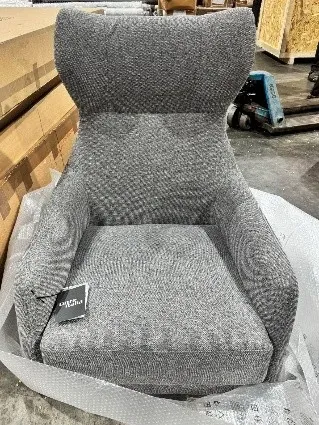How Did DRI Uncover a Major Luxury Furniture Import Fraud?

Synopsis
Key Takeaways
- DRI's enforcement action highlights the importance of combating customs fraud.
- Significant duty evasion amounts to Rs 30 crore were identified.
- The fraud involved complex networks of shell companies and fake importers.
- Previous similar cases indicate a pattern of fraudulent activities in luxury imports.
- Ongoing investigations aim to uncover deeper networks involved in such schemes.
New Delhi, July 23 (NationPress) In a remarkable enforcement initiative, the Directorate of Revenue Intelligence (DRI) has dismantled a cunningly devised customs fraud scheme involving the importation of high-end luxury furniture.
Acting on precise intelligence, DRI operatives executed searches across several sites, including commercial properties, storage facilities, and the offices of freight forwarders, customs brokers, and related entities. This investigation has unveiled a convoluted, interconnected network engaged in extensive undervaluation and misrepresentation of branded luxury furniture, operating across various jurisdictions. This operation involved the use of fictitious importers (IEC holders), local middlemen, overseas shell companies, and forged invoices.
Preliminary findings show that luxury furniture brands were sourced directly by the beneficial importer from well-known Italian and other European manufacturers, with invoicing processed in the names of shell companies located in places like Dubai.
Simultaneously, forged invoices were acquired through a Singapore-based intermediary under the names of fictitious importers, falsely declaring goods as unbranded furniture at dramatically undervalued prices for Customs clearance. After passing through Customs, the goods were ostensibly transferred to the beneficial owner via a local intermediary created specifically for this purpose, while in reality, they were delivered directly to the customer based on the beneficial owner’s instructions.
Initial findings indicate a staggering undervaluation ranging from 70% to 90% of the actual transaction value, leading to an estimated customs duty evasion of around Rs 30 crore. The beneficial owner, the dummy importer, and the intermediary have been implicated in a coordinated effort to execute this entire operation. On July 21 and 22, DRI arrested all three individuals under the provisions of the Customs Act, 1962.
In May 2025, another similar case was uncovered by DRI, revealing a comparable method involving the undervaluation of luxury furniture imports through a front company managed by another entity to evade customs duties. This case also involved duty evasion surpassing Rs 20 crore, culminating in the arrest of three individuals.
DRI continues to delve deeper into the broader network of shell companies, fictitious IECs, masterminds, beneficial owners, and financial transactions linked to these operations.
"The DRI has intensified its efforts to expose such commercial frauds, which result not only in significant losses to government revenue but also lead to market distortions, creating an uneven playing field for compliant importers and domestic manufacturers," stated an official release.









